New Delhi, October 12, 2025 — A brief text exchange, circulating widely on social media, has become a flashpoint for debates on work culture, burnout, and humane leadership in India’s globalised corporate world. In the exchange, a Canadian manager counsels his India-based staffer: “you seem tired, please rest. take a day off if needed.” The gesture, simple yet striking, has drawn praise for empathetic leadership and set off a broader reflection on performance pressure, emotional safety, and the evolving expectations of Gen Z employees.
As Indian companies compete globally for talent, such gestures highlight that people management now matters as much as process management. But the debate quickly split: is this a one-off kindness or a signal of deeper systemic change needed? HR leaders argue that while empathy is vital, what matters more is structural reform — realistic timelines, workload balance, mental health safeguards, and escalation protocols.
This article unpacks how the viral exchange resonated, what it says about work culture shifts, where empathy fits in leadership, and how organisations must adapt to build sustainable workplaces.
The Viral Exchange & Public Reaction
What the Message Said
Although the exact screenshot is not formally verified, the widely shared version shows a communication like:
“You seem tired lately — please rest. If you feel you need a break, take the day off and recover. Your health is important.”
This message emerged in a remote / distributed team context, with the manager based in Canada and the staffer in India.
The warmth and directness — especially coming from a leader across geographies — struck many as rare in Indian work settings, where “deliver, hustle, stay late” norms often dominate.
Online Echo & Social Media Response
- The exchange was circulated on platforms like Reddit, X (Twitter), LinkedIn and became a talking point among professionals in India, particularly within startup, tech, and remote teams.
- Many users contrasted it with their own experiences of pressure from managers who ignore stress, demand constant availability, or view empathy as weakness.
- A recurring sentiment: “Small gestures like this make people want to stay,” “This is the leadership we need,” or “Empathy must be normal, not exceptional.”
One related viral post compared Canadian / Western workplaces to Indian ones, noting that in some remote setups with Canadian managers, employees report no fixed hours, deliverables-based evaluation, and trust over micro-monitoring
Similarly, other viral narratives highlight toxic demands in Indian workplaces — e.g. messages demanding weekend work, extension of hours, or pushing employees to join calls while on leave.
These episodes underscore how deeply entrenched “face time,” presenteeism, and high-output pressure remain — and how rare empathetic leadership appears in contrast.
Why This Resonates: Burnout, Empathy & Generational Expectations
Burnout & Emotional Exhaustion
- Modern workplaces, especially in high-velocity sectors like tech, consulting, delivery, rely on sustained pressure, tight deadlines, 24×7 availability — pushing many to the edge of burnout.
- Burnout is characterised by emotional exhaustion, reduced efficacy, cynicism or detachment, and physical / mental health issues.
- For many professionals, especially in India, “resting” still feels like a moral compromise or luxury rather than necessity.
Empathy as Leadership Currency
- In an era of talent competition, leaders who show emotional intelligence and psychological safety are increasingly valued.
- A manager who notices fatigue and short-circuits decline by encouraging rest signals trust, care and long-term investment in employees.
- These gestures may strengthen engagement, prevent attrition, and reduce reputational cost.
But empathy alone is insufficient; when empathy is not backed by systemic support — e.g. workload management, realistic timelines, escalation frameworks — it can become superficial.
Generational Shifts & Workforce Expectations
- Gen Z and newer employees often expect boundaries, mental health support, flexibility, and humane leadership more explicitly than previous generations.
- They are more willing to leave roles where overwork is normalized or where health is sacrificed for output.
- In response, companies globally are experimenting with unlimited leave, mental health days, sabbaticals, and “no-meeting Fridays.”
Cultural and Structural Friction in Indian Context
- Indian corporate culture has long rewarded “visible hustle” — staying late, being available even off hours, doing extra unbidden tasks.
- In many Indian organizations, leaders are promoted for delivery outcomes, and may undervalue or mistrust rest or “non-billable time.”
- Hierarchies, power distance, expectation of “going above and beyond” create disincentives for employees to signal fatigue.
- Without institutional support, an empathetic message may backfire — employees might feel shame, guilt, or worry that rest signals weakness.
What This Implies for HR, Leadership & Organizations
From One-Off Kindness to Culture Change
- A single text is noteworthy, but an empathetic culture must be systemic — built into policy, reward structures, process norms and leadership development.
- HR must embed mental health, leave flexibility, burnout detection, wellness programming, and escalation protocols into the organizational fabric.
- Leaders should be trained not just in performance metrics, but emotional intelligence, boundary setting, and trust building.
Workload Design, Realistic Timelines & Capacity Planning
- Timelines must include slack for contingencies, buffer for human limits, and expectation of interruptions or rest.
- Project planning should account for humans, not treat staff as machines — factoring in recovery, learning time, and creative space.
- Managers should be encouraged to audit team burn rates, spread load, and redistribute tasks proactively.
Institutionalizing Leave, “Mental Health Days” & Downtime
- Organizations may formalize mental health leave, rest days or mandatory off periods to prevent continuous stress.
- Encourage use of full leave quotas; discourage accumulation of unused leave.
- Normalize breaks, no-meeting hours, and boundaries between on/off states (no after hours pings, no reply expectations).
Psychological Safety & Open Dialogue
- Leaders should create environments where employees can flag fatigue, burnout concerns, or capacity constraints without fear.
- Use check-ins, skip-level conversations, anonymous pulse surveys to sense fatigue early.
- Escalation pathways: employees should be able to signal when they need support, more resources, or relief.
Data & Monitoring
- HR analytics should track overtime, leave usage patterns, churn correlated with overwork or stress indicators.
- Early warning systems: teams with rising sick days, leave usage, or remarks on fatigue may be proactively intervened.
Counterarguments & Realities
- “Kind text doesn’t change culture”
Some critics point out that one message is occasional goodwill, not a systemic shift — the real test is consistent policy and fairness across teams. - Risk of Inequity / Favoritism
If empathy is shown selectively, it may breed perceptions of favoritism or unfairness. Policies must apply broadly, not selectively. - Efficiency vs Empathy Trade-off
In high-velocity sectors, leaders worry that too much rest or slack may reduce velocity or competitiveness. The challenge is designing sustainable performance. - Cultural Mismatch in Some Contexts
In hierarchical, traditional setups, some senior leaders or organizations may view empathetic gestures as weak or indulgent — requiring change in mindset at all levels.
Cases & Examples from India / Global
- Several viral Indian workplace stories reflect extremes of poor leadership: one manager pressured a seriously injured employee to return to work despite a broken leg.
- Another employee was told they “weren’t a big deal” when attempting to resign — a demotivating response that contrasts sharply with the empathetic text narrative.
- A Gen Z worker forced into a meeting on leave recorded how the manager abruptly ended the call mid-justification after colleagues intervened.
- More broadly, a recent post on NDTV describes how remote workers in Canadian cultures enjoy no fixed hours, trust-based evaluation, informal culture, no micromanagement — a stark counterpoint to rigid norms in many Indian firms.
These examples reinforce that workplace culture is contested terrain, and small shifts can catalyze bigger dialogues.
What Leaders & Managers Must Ask Themselves
- Do I know how my team is faring — mentally, physically — beyond deliverables?
- What systems exist for burnout detection, recovery, and relief?
- Do I reward “time spent” or output delivered?
- When was the last time I encouraged someone to rest, recharge, or say “no”?
- Are my expectations for availability after hours clearly communicated?
- How do we measure team sustainability beyond short-term execution?
A Path Forward: Blueprint for Humane High Performance
- Leadership Modeling
Senior leaders should visibly adhere to boundaries, take leave, rest, and discourage excessive after-hours demands. - Policy Backing
Burnout prevention, mental health leave, no-meeting zones, and workload policies must be codified — not left to manager discretion only. - Skill Development for Managers
Train mid-level managers in emotional intelligence, coaching, listening, capacity planning, and burnout mitigation. - Regular Fatigue Audits
Organize quarterly wellness/deliverability audits on teams, collect anonymous feedback, and act on signals. - Culture of Permission to Pause
Encourage people to unplug, rest, take micro-breaks, offline time — make rest socially acceptable, not penalizing. - Scalable Support Infrastructure
Provide EAPs (Employee Assistance Programs), access to mental health professionals, resilience training, peer support groups. - Transparency & Trust
Communicate team plans, resource constraints, trade-offs honestly. Trust that people often deliver — even when boundaries are respected.
Conclusion
In a world of cascading deadlines and ambition, a simple message from a manager saying “take rest if you need” became a viral reminder that people matter above metrics. It reveals a hunger for humanity in leadership in Indian workplaces striving to reconcile speed with sustainability, output with wellness.
But for the gesture to be more than a momentary spark, organizations must build structures, policies, and cultures that embed compassion, trust, and sustainability. Otherwise empathy remains a luxury, not a norm.
The future belongs to workplaces that deliver without delegitimising rest — that produce results without burning people out. And perhaps this viral message is a small harbinger of that shift.
#WorkCulture #Burnout #Leadership #HR #Wellbeing











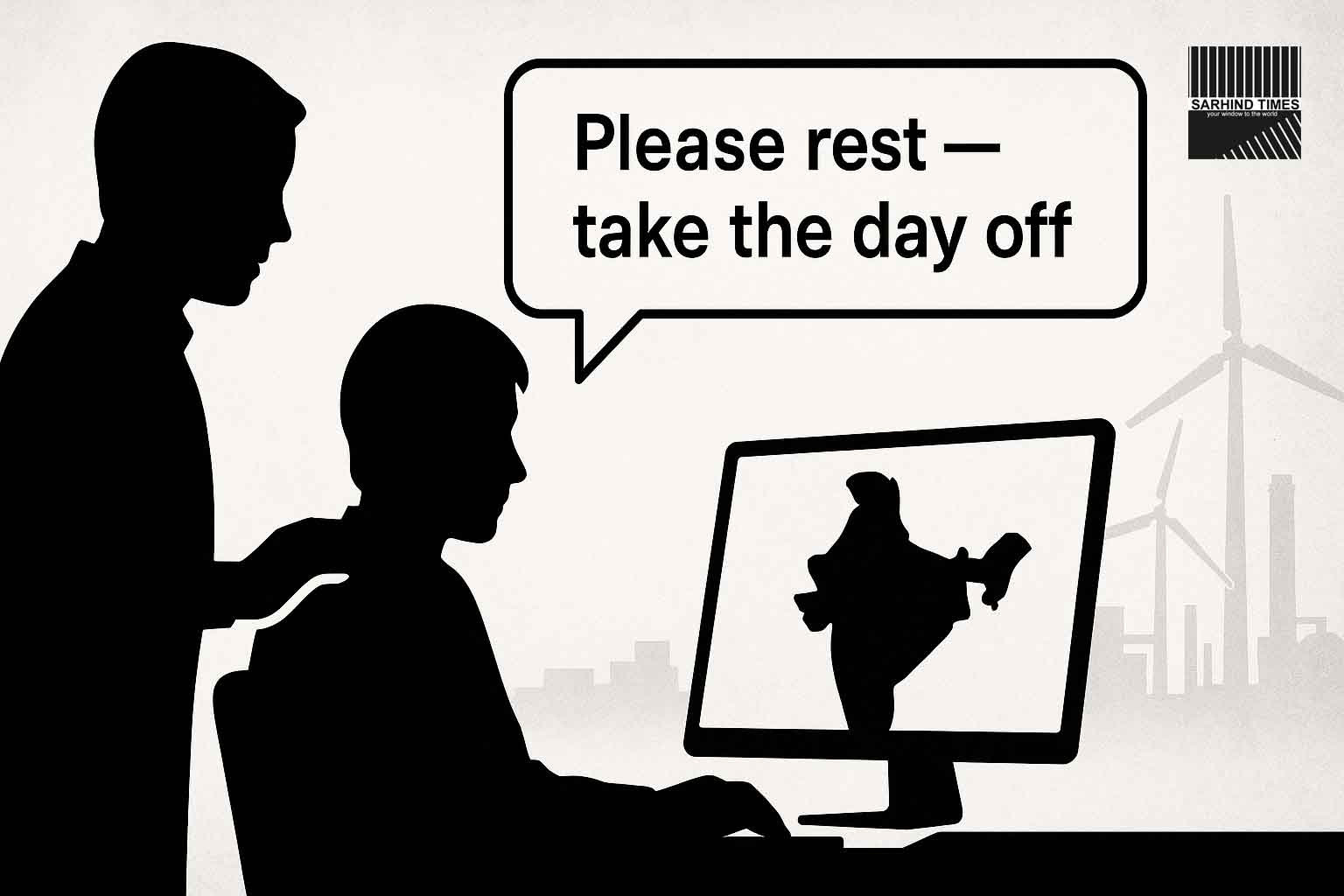



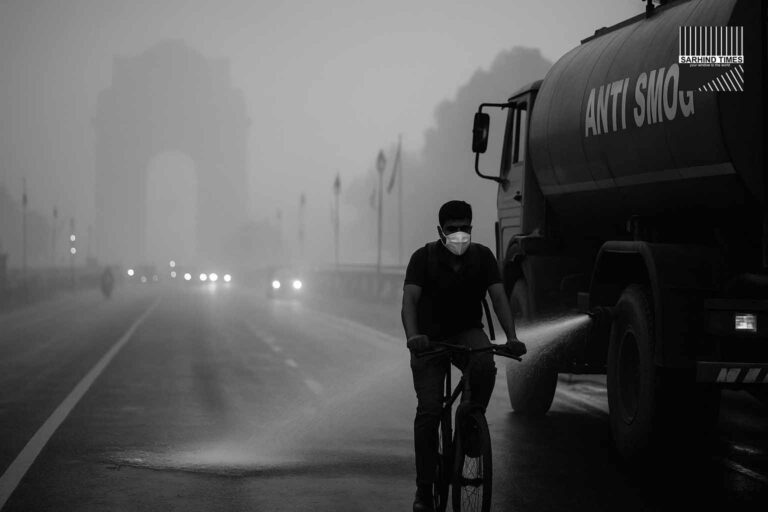
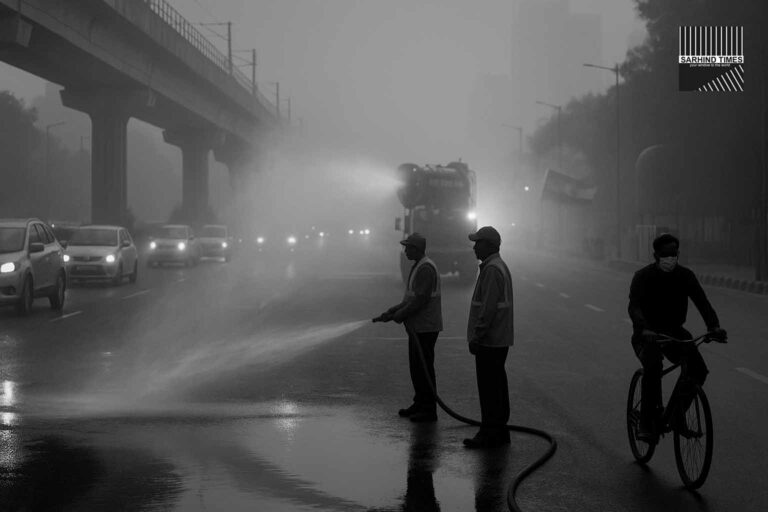




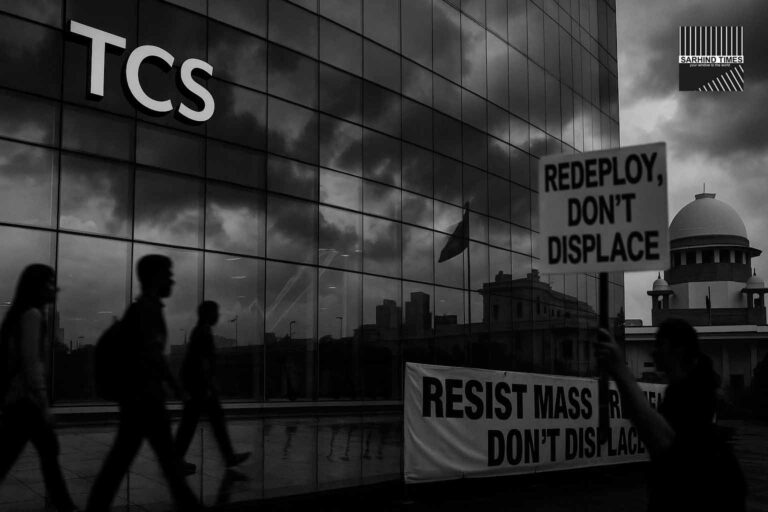


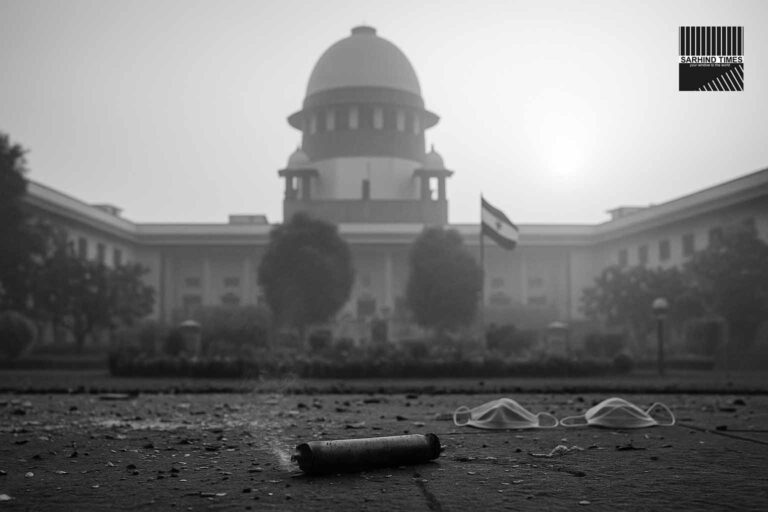
+ There are no comments
Add yours